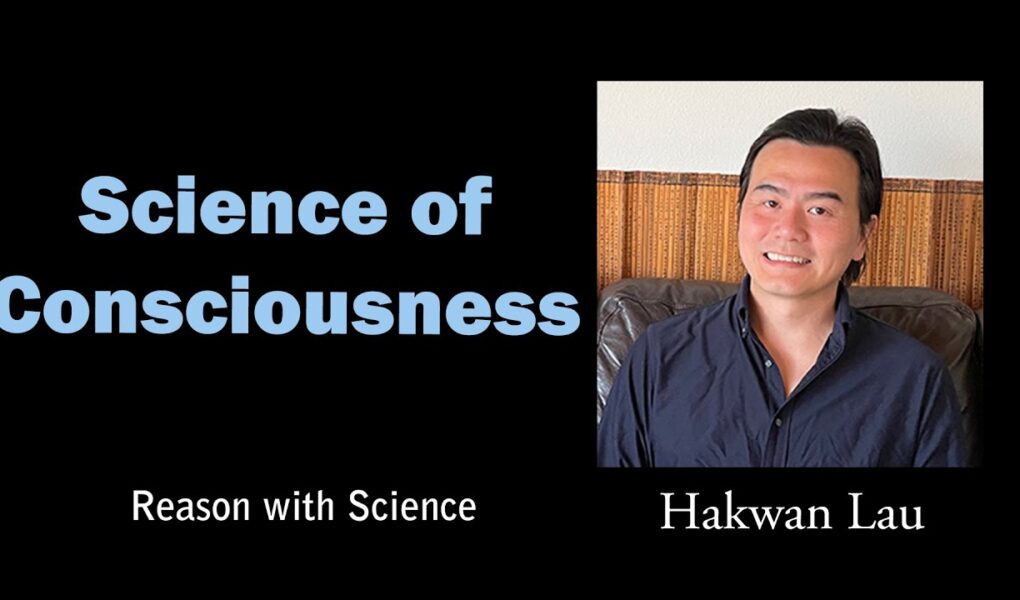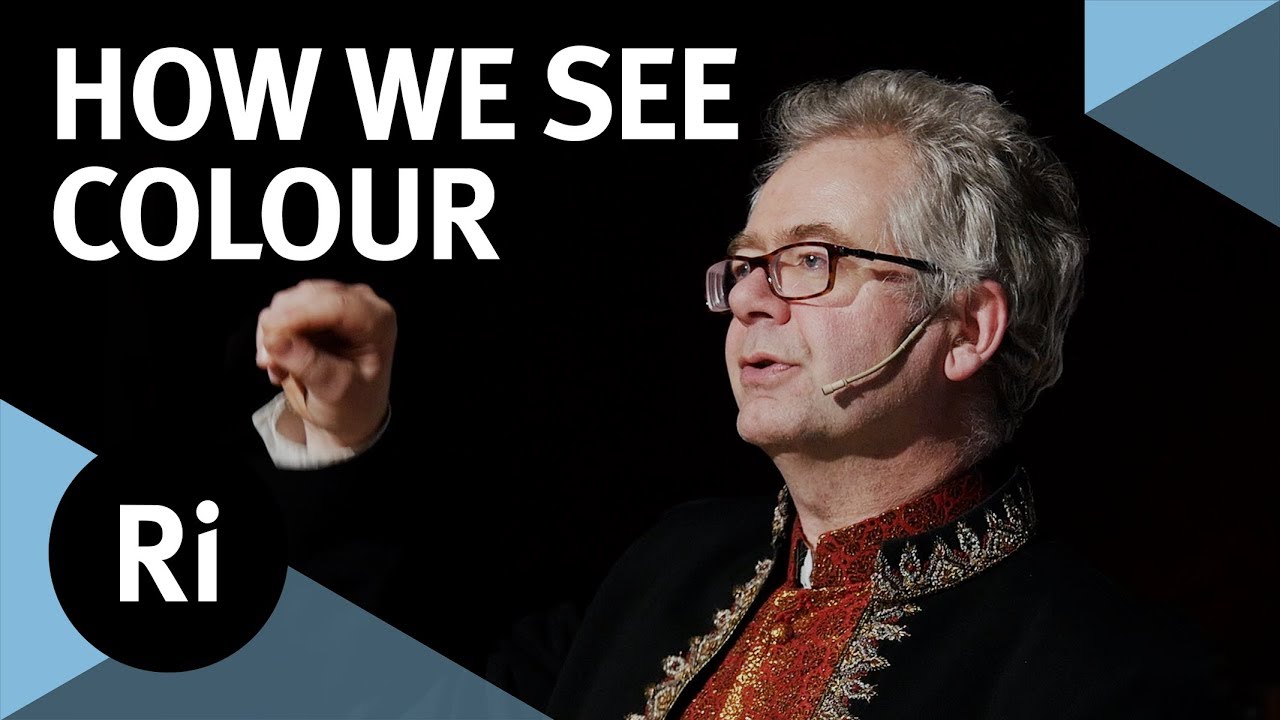Reason with Science
This episode is with Hakwan Lau, author of In Consciousness we Trust. Hakwan is a Team leader of laboratory of consciousness at Riken center for brain science, Japan.
Here we talk about shortcomings in current theories about how the brain generates consciousness, neural correlates, methods to study consciousness, and Perceptual reality monitoring theory.
More about Hakwan’s work:
https://sites.google.com/view/rikenconsciousness/home
Follow him on Twitter:
Timestamps:
00:00:00 Introduction
00:00:54 Hakwan’s background
00:03:08 Empirical evidence in science
00:04:03 Laboratory of consciousness
00:07:11 Are we giving too much respect to consciousness?
00:08:43 Problem of consciousness
00:12:42 Access and phenomenal consciousness
00:17:26 Local and global theories of consciousness
00:23:11 Most of the experiments for consciousness are done on vision
00:25:43 Neural correlates
00:30:21 Confounders in the experiments for perception and consciousness
00:38:45 Blindsight experiments
00:42:21 Transcranial Magnetic Stimulation (TMS)
00:45:41 Importance of prefrontal cortex for subjective experience
00:47:11 Cognition and Metacognition
00:48:46 Importance of attention in the experiments
00:51:00 Perceptual Reality Monitoring theory
00:56:08 Unconscious experiences
00:59:39 Patients without prefrontal cortex
01:02:06 Consciousness is binary or gradient?
01:03:26 Evolution and consciousness
01:07:21 Consciousness at cellular level
01:10:29 Anesthetics and consciousness
01:13:35 Panpsychism
01:20:20 Changing science to focus on better questions
01:29:10 Major questions to understand consciousness
01:30:45 Thank you!
#reasonwithscience #neuroscience #consciousness
Source




when the brain inside my skull processes information while i'm not consciously aware of it, then that could mean that information processing is not correlated to being conscious.
or it could mean that something inside my brain was actually aware of the information processing. it just wasn't me.
Can Hakwan define memory by a mathematical formula?
Pl request Hakwan to define "information" in its physical equivalents.
It's becoming clearer that with all the brain and consciousness theories out there, the proof will be in the pudding. By this I mean, can any particular theory be used to create a human adult level conscious machine. My bet is on the late Gerald Edelman's Extended Theory of Neuronal Group Selection. The lead group in robotics based on this theory is the Neurorobotics Lab at UC at Irvine. Dr. Edelman distinguished between primary consciousness, which came first in evolution, and that humans share with other conscious animals, and higher order consciousness, which came to only humans with the acquisition of language. A machine with primary consciousness will probably have to come first.
The thing I find special about the TNGS is the Darwin series of automata created at the Neurosciences Institute by Dr. Edelman and his colleagues in the 1990's and 2000's. These machines perform in the real world, not in a restricted simulated world, and display convincing physical behavior indicative of higher psychological functions necessary for consciousness, such as perceptual categorization, memory, and learning. They are based on realistic models of the parts of the biological brain that the theory claims subserve these functions. The extended TNGS allows for the emergence of consciousness based only on further evolutionary development of the brain areas responsible for these functions, in a parsimonious way. No other research I've encountered is anywhere near as convincing.
I post because on almost every video and article about the brain and consciousness that I encounter, the attitude seems to be that we still know next to nothing about how the brain and consciousness work; that there's lots of data but no unifying theory. I believe the extended TNGS is that theory. My motivation is to keep that theory in front of the public. And obviously, I consider it the route to a truly conscious machine, primary and higher-order.
My advice to people who want to create a conscious machine is to seriously ground themselves in the extended TNGS and the Darwin automata first, and proceed from there, by applying to Jeff Krichmar's lab at UC Irvine, possibly. Dr. Edelman's roadmap to a conscious machine is at https://arxiv.org/abs/2105.10461
I think when we talk of doing an experiment we can talk about the apparatus involved and the interaction of the sensors with physical quantities and collection of data from those interactions and establishing correlation between processes and phenomena.
When we talk of consciousness, the first thought that occurs to me is awareness. That is what makes the distinction between conscious and unconscious state. This can be studied scientifically as ability or inability to record data and process the information.
But according to me the real problems for which we are interested in understanding what is consciousness is not what is the brain mechanism which corresponds to awareness. When we talk of humanism and issues related to fairness and justice, love and apathy that is not about awareness. If we cannot define in terms of physical quantities these concepts how can we study them by observing the changes in brain?
Self monitoring a process means that process is not governed by any external signal. Science accepts complete randomness at the primary level. Is self monitoring ability a consequence of large numbers and options of self monitoring are limited by laws of physics? Saying some neurons are fired spontaneously can be considered the primary level of initiating a process. But how that can lead to self monitoring ability of consciousness remains unexplained. I cannot think of any analogous situation in physics.